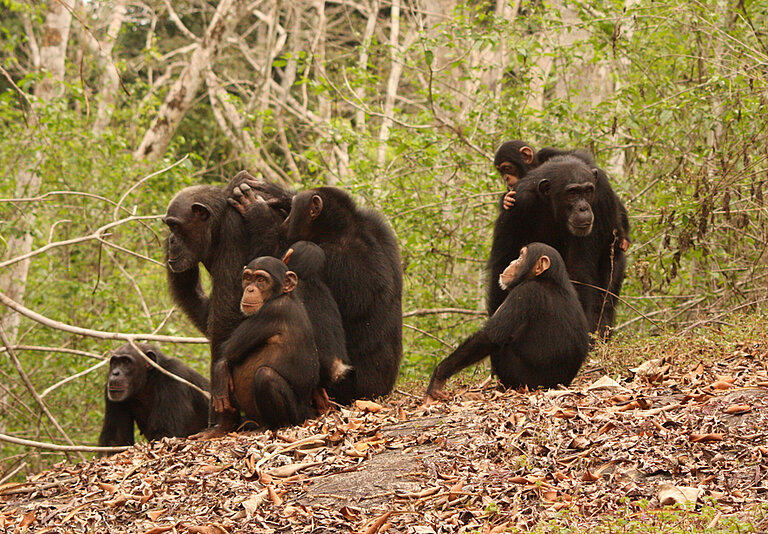Researchers found that adult wild chimpanzees have developed a certain immunity against malaria parasites
Wild great apes are widely infected with malaria parasites. Yet, nothing is known about the biology of these infections in the wild. Using faecal samples collected from wild chimpanzees, an international team of researchers from the Max Planck Institute for Evolutionary Anthropology in Leipzig and the Robert Koch Institute in Berlin has now investigated the effect of the animals’ age on malaria parasite detection rates. The data show a strong association between age and malaria parasite positivity, with significantly lower detection rates in adult chimpanzees. This suggests that, as in humans, individuals reaching adulthood have mounted an effective protective immunity against malaria parasites.
